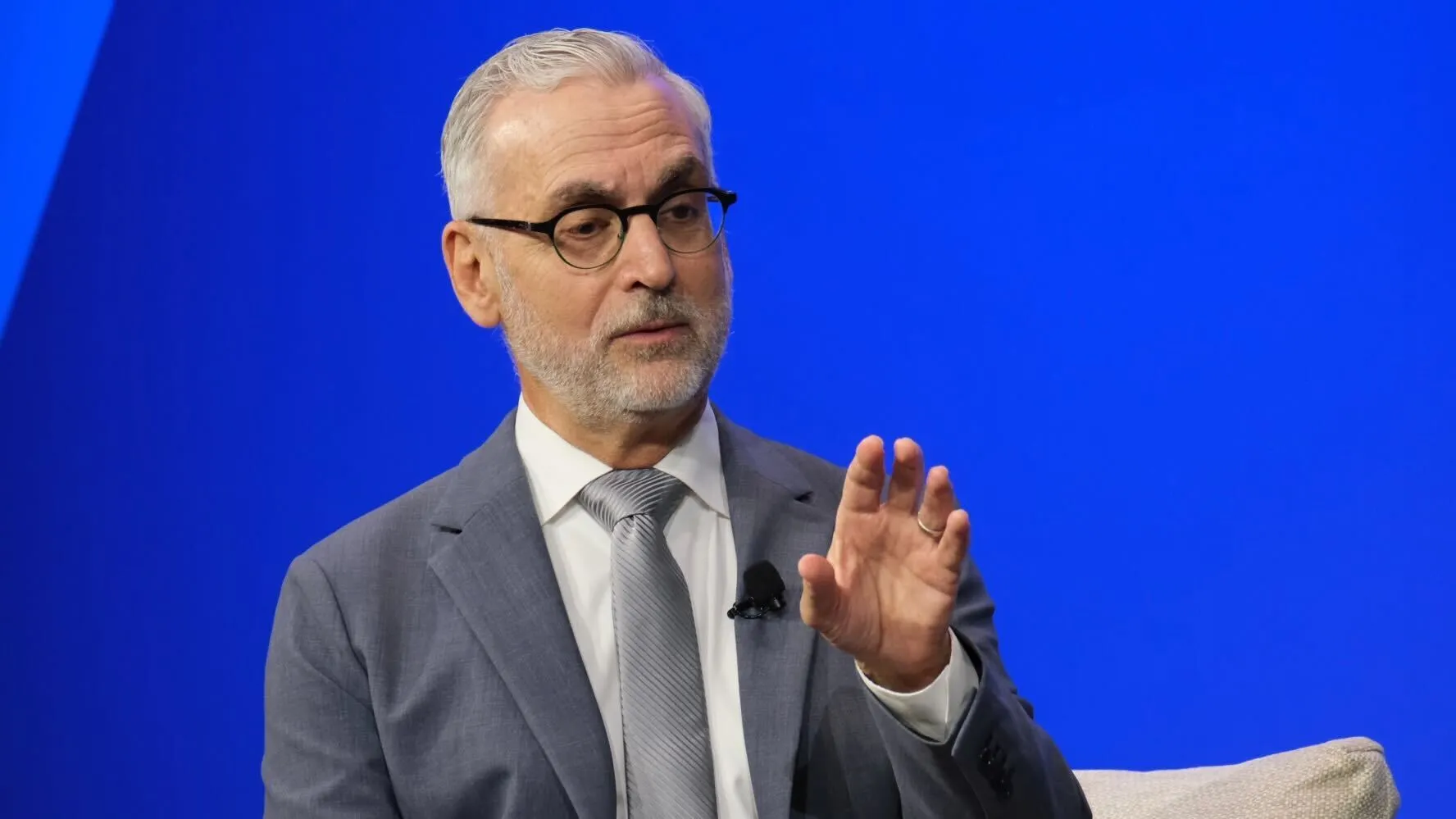Ripple Legal Chief Says SEC Appeal Will 'Backfire'—And Benefit the Crypto Industry

Ripple Labs Chief Legal Officer Stuart Alderoty told Decrypt that he's even more confident in its case following the SEC's appeal.
As the Securities and Exchange Commission (SEC) prepares to appeal a federal judge's decision involving XRP, the agency is setting itself up for yet another high-profile failure, according to Ripple Labs’ Chief Legal Officer, Stuart Alderoty.
“It will backfire on the SEC,” he told Decrypt in an interview. “I felt good about our case in the Southern District of New York. I feel even better about our case in the Second Circuit.”
When the SEC first hit Ripple and two of its executives with a lawsuit in 2020, the company declared “very publicly and very loudly” that its legal fight was “on behalf of the entire industry,” Alderoty said. The move signaled that the SEC was “going to come for everybody,” he added.
Nearly four years later, the industry-wide implications of Ripple’s legal fight have been heightened as the case moves to the Second Circuit Court of Appeals. The determination could establish precedent within the Southern District of New York, outlining how judges should apply securities laws to token issuers within the region’s financial hub, among other areas.
While Ripple lauded U.S. District Judge Analisa Torres’ ruling last year, which found that XRP is “not necessarily a security on its face,” some of Torres’ peers have disagreed.
In the SEC’s case against Terraform Labs, U.S. District Judge Jed Rakoff declined to “draw a distinction between [...] coins based on their manner of sale,” rejecting Judge Torres’ application of the law weeks later.
In all likelihood, the SEC’s appeal will fail, Alderoty said, noting that most rulings are affirmed in the Second Circuit instead of being reversed. An SEC spokesperson told Decrypt on Tuesday that Torres’ ruling “conflicts with decades of Supreme Court precedent and securities laws,” echoing arguments made by the regulator earlier this month.
In August, Judge Torres ordered Ripple to pay a $125 million fine over XRP transactions that broke securities laws. The SEC had alleged that Ripple raised $1.3 billion through unregistered securities offerings since 2013, later requesting that a $2 billion fine be issued.
Alderoty believes that SEC Chair Gary Gensler wants to keep “a cloud of uncertainty hanging over the industry” with its appeal. At the same time, he acknowledged that the Second Circuit’s ruling could see Judge Torres proven right and Judge Rakoff proven wrong—or the reverse.
The SEC has yet to signal which parts of Torres’ ruling could be appealed. Meanwhile, the company behind the seventh largest cryptocurrency by market cap has made its own legal push.
Ripple’s cross-appeal, conveyed last week, was partly made for procedural reasons, Alderoty said. But the company will argue, as a matter of law, that in order for a digital asset to be considered an investment contract, a contract with rights and obligations is necessary, he said.
“We think that's a fundamental rule of law that needs to be recognized,” Alderoty said. “Trial courts have been unwilling to go that far because they don't feel they have the authority.”
While Ripple’s legal tussle with the SEC has lasted four years, Alderoty said it shouldn’t take that long to reach a conclusion in the Second Circuit. By the time each side has filed the necessary briefs and made oral arguments, he said a decision could come as late as early 2026.
“The SEC can withdraw their appeal anytime they want,” Alderoty added. “Bringing clarity at the court of appeals level to the industry is really important. Hopefully it ends there, but if they wanted to take a run to the Supreme Court, you might as well bring it home.”
Edited by Andrew Hayward
Related News
- Bitcoin Whale Holding Satoshi-Era Stash Moves More Coins to Kraken
- Canary Capital Files for Litecoin ETF Just Days After XRP Move
- Bitcoin Firm Blockstream Raises $210 Million to Boost Mining, Layer-2 Efforts
- Trump's World Liberty Financial Website Crashes During Token Sale
- Bitcoin Price Could Return to All-Time High Before Election: Standard Chartered
- Sudden Bitcoin Price Spike Pushes Crypto Liquidations to $285 Million
- Police Seize $100,000 Worth of Tether From Government-Backed Solar Program Impersonators
- Securitize Launches USDC Conversions for BlackRock's Digital Liquidity Fund
- Hong Kong Police Arrest 27 Linked to AI Deepfake Crypto Romance Scams
- Kamala Harris Likely to Be 'More Supportive' of Crypto Than Joe Biden: Galaxy Research
© 2026 DeFi.io